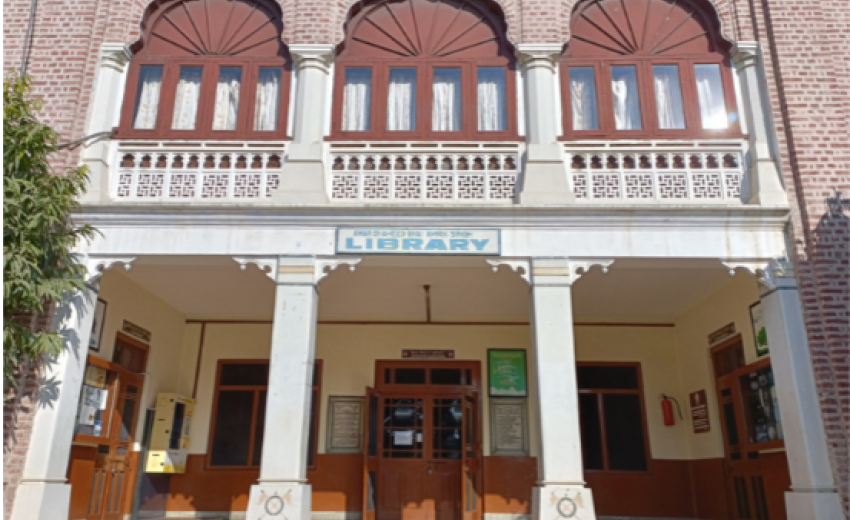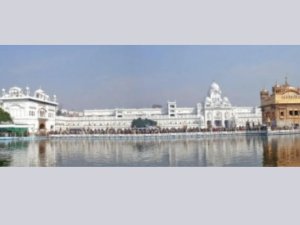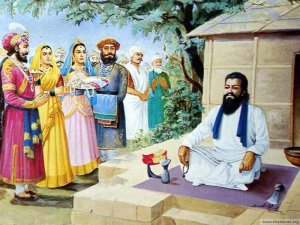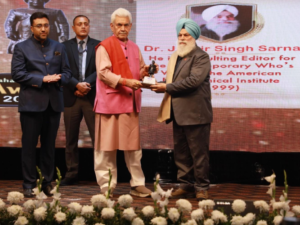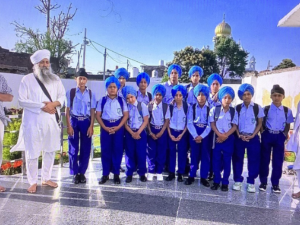In contemporary discourse on social reform, there is widespread concern about the deteriorating structure of the social order. A recurring theme in such discussions is the shifting behavioral patterns of the younger generation, often equated with modernization. The omnipresence of mobile phones, which encapsulate the entire world within a handheld device, has transformed the modes of interaction, entertainment, and knowledge acquisition. While digital access to knowledge is a remarkable feat, the foundational role of libraries—the time-honored repositories of wisdom—cannot be overlooked. The lives of great personalities, as evidenced in their biographies, consistently reveal a deep-seated reverence for books, and frequent visits to libraries were an integral part of their intellectual pursuits.
Despite our collective concern for societal betterment, a fundamental question arises: what tangible efforts are being made to instigate meaningful change? The aspiration to emulate developed nations is frequently articulated, yet the crucial understanding that books and libraries have been instrumental in shaping those societies remains absent from mainstream discourse. In stark contrast, the love for books is steadily waning in our own social fabric. The condition of libraries, particularly in India especially in Punjab, is lamentable. In many districts, public libraries are either non-existent or in a state of disrepair, with scarcely a single village possessing a well-maintained library. Where such institutions do exist, their neglect renders them uninviting; they lack trained librarians, proper upkeep, and initiatives to encourage youth engagement.
A society in which the younger generation remains connected to books can nurture intellectual growth and critical thinking, laying the foundation for a promising future. Conversely, in the absence of public libraries—or their mere symbolic existence in a pitiable condition—the hope for a well-ordered, enlightened society diminishes. Literary events, poetry recitations, and cultural programs frequently take place, yet they often remain confined to ceremonial exchanges of honors. Distinguished speakers deliver eloquent speeches, but their words dissipate without instigating substantive action. Few voices are raised in defense of public libraries, and fewer still undertake the arduous task of their revival. It is imperative to recognize that libraries are the true sanctuaries of literature, and the intellectuals, writers, and leaders of society must rally for their preservation and proliferation.
The establishment and maintenance of libraries require a concerted effort. Governments that attract votes through the distribution of mobile phones and laptops should instead pledge to construct well-equipped libraries in every village and city. A library, serving as the temple of knowledge, would provide access to books for those who cannot afford to buy them, fostering intellectual inclusivity. Beyond governmental responsibility, local communities must assume the stewardship of existing libraries, ensuring their maintenance with the same reverence accorded to sacred institutions. Books are the most profound medium of communication, and their accessibility must be prioritized alongside infrastructural developments such as roads and public utilities. Parents, too, must play an active role by encouraging their children to visit libraries rather than allowing them to remain perpetually engaged with digital screens.
If we genuinely seek to create a balanced and enlightened society, we must rekindle our relationship with books. The responsibility is collective—politicians, community leaders, educators, parents, and the general public must all contribute to this intellectual revival. A society that cherishes books cultivates a populace that is not only aware of its rights but also conscious of its duties towards others. Such a society transcends superficial pretenses and embodies the ideals of love, respect, and solidarity. The library, as the cornerstone of intellectual and moral development, must be reclaimed as an indispensable pillar of civilization.

